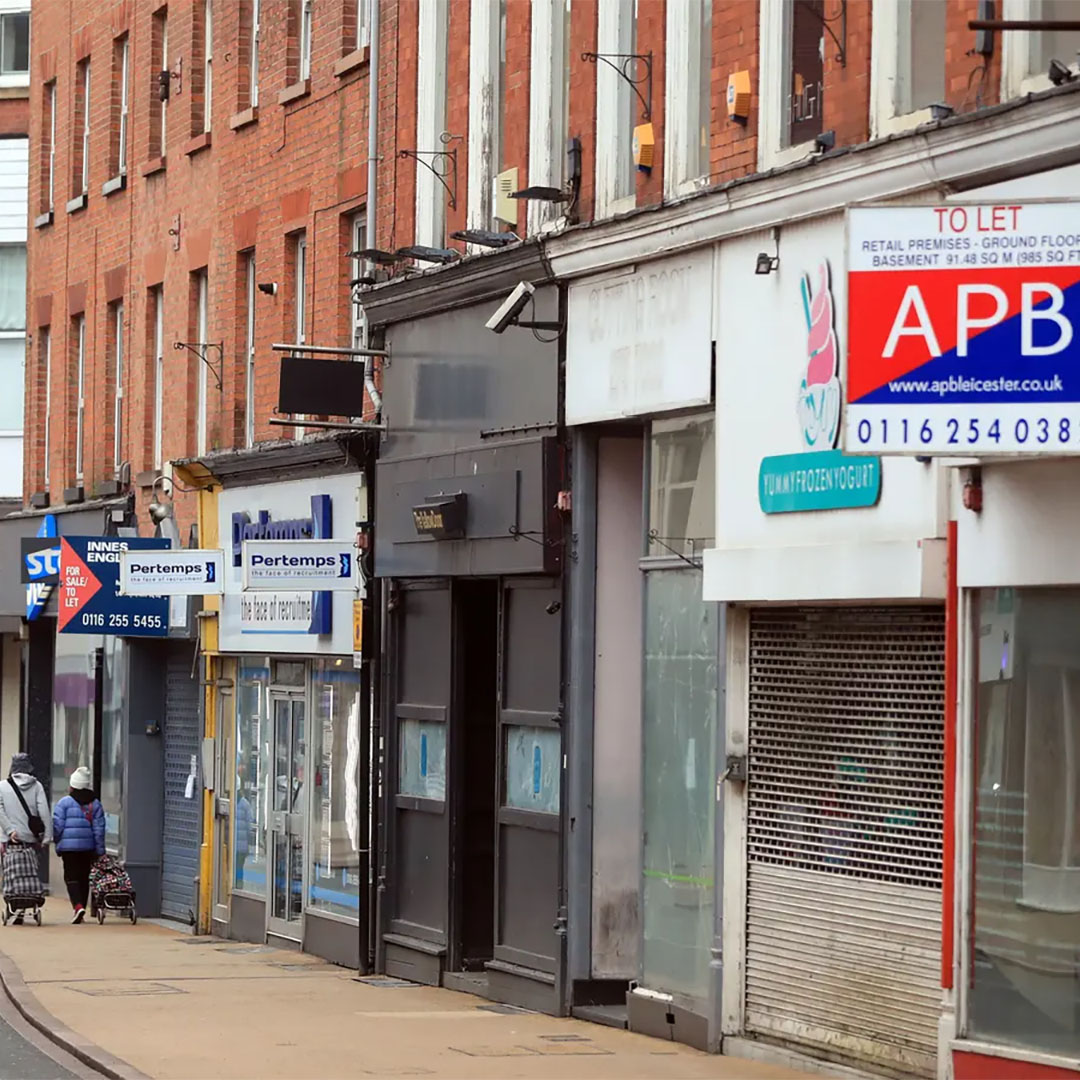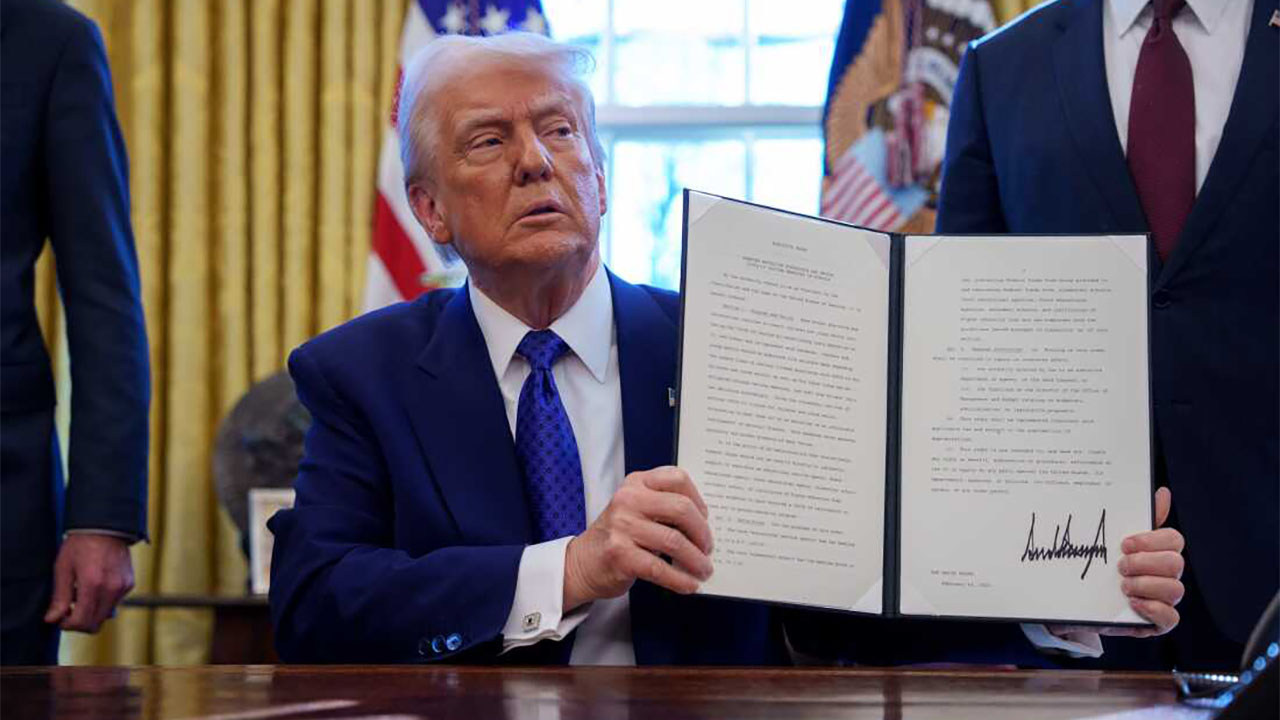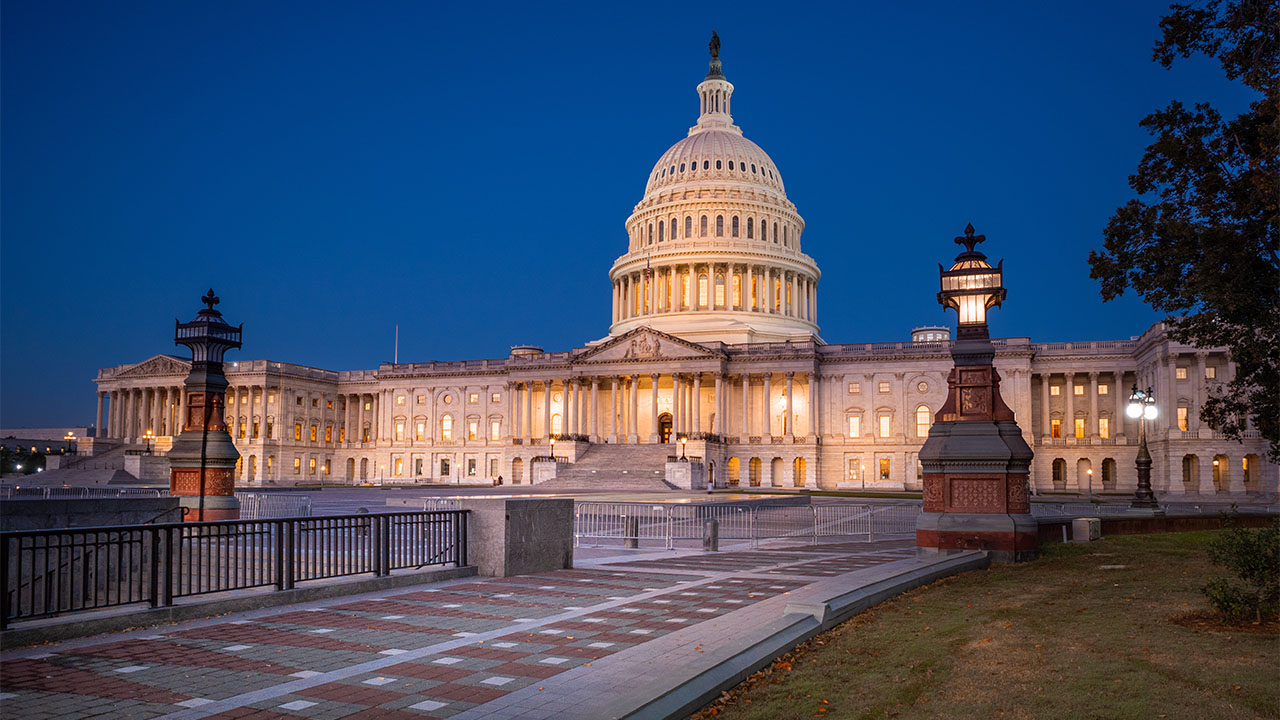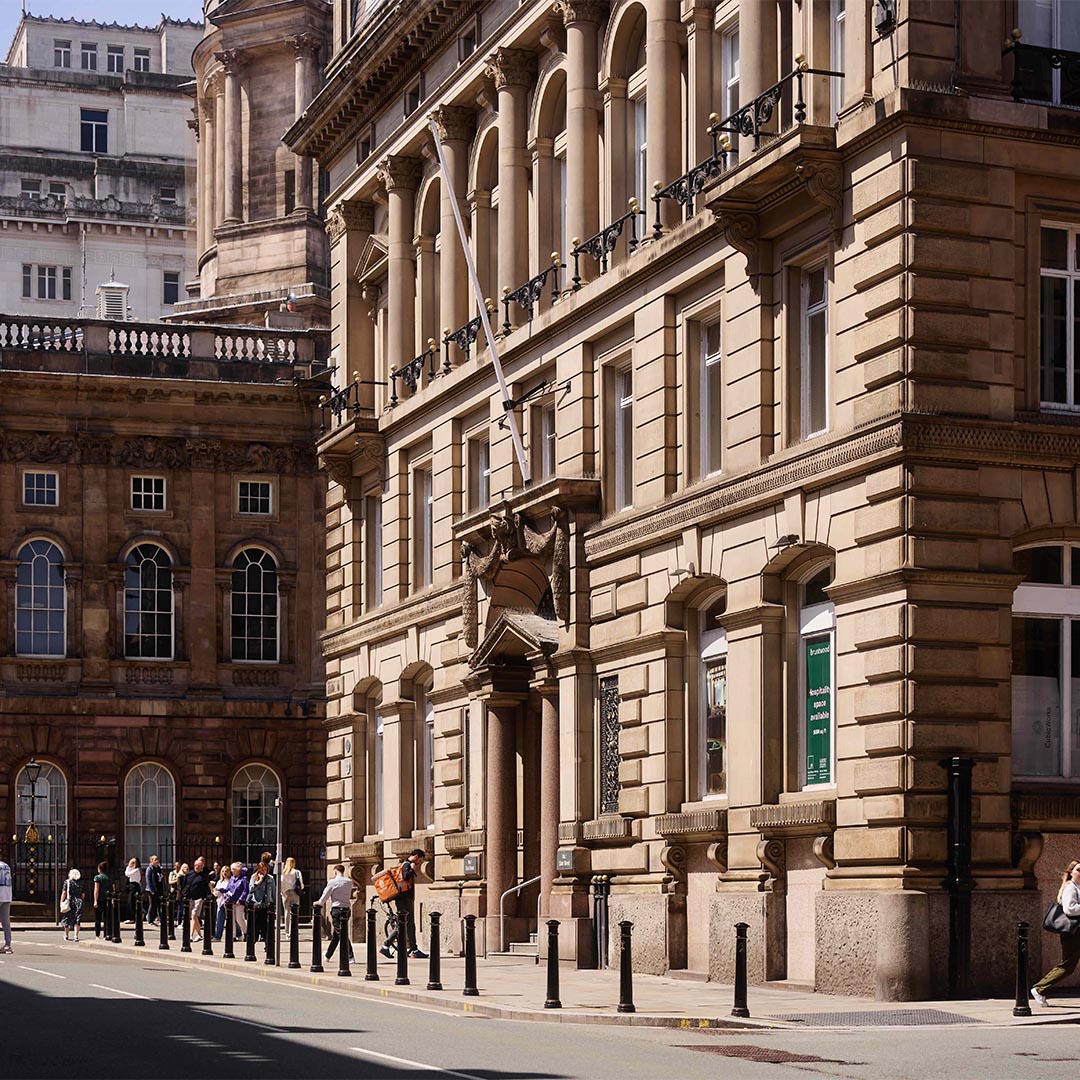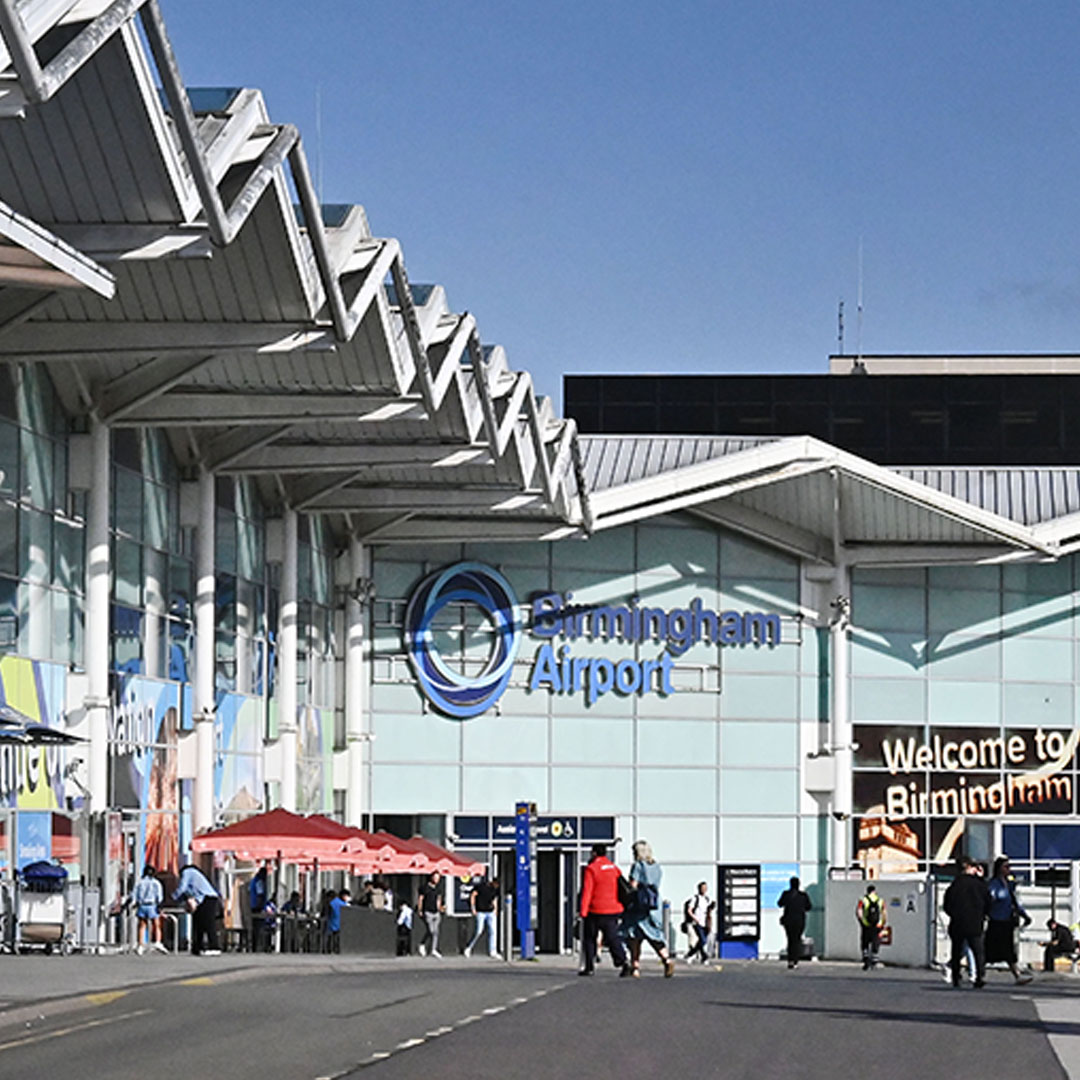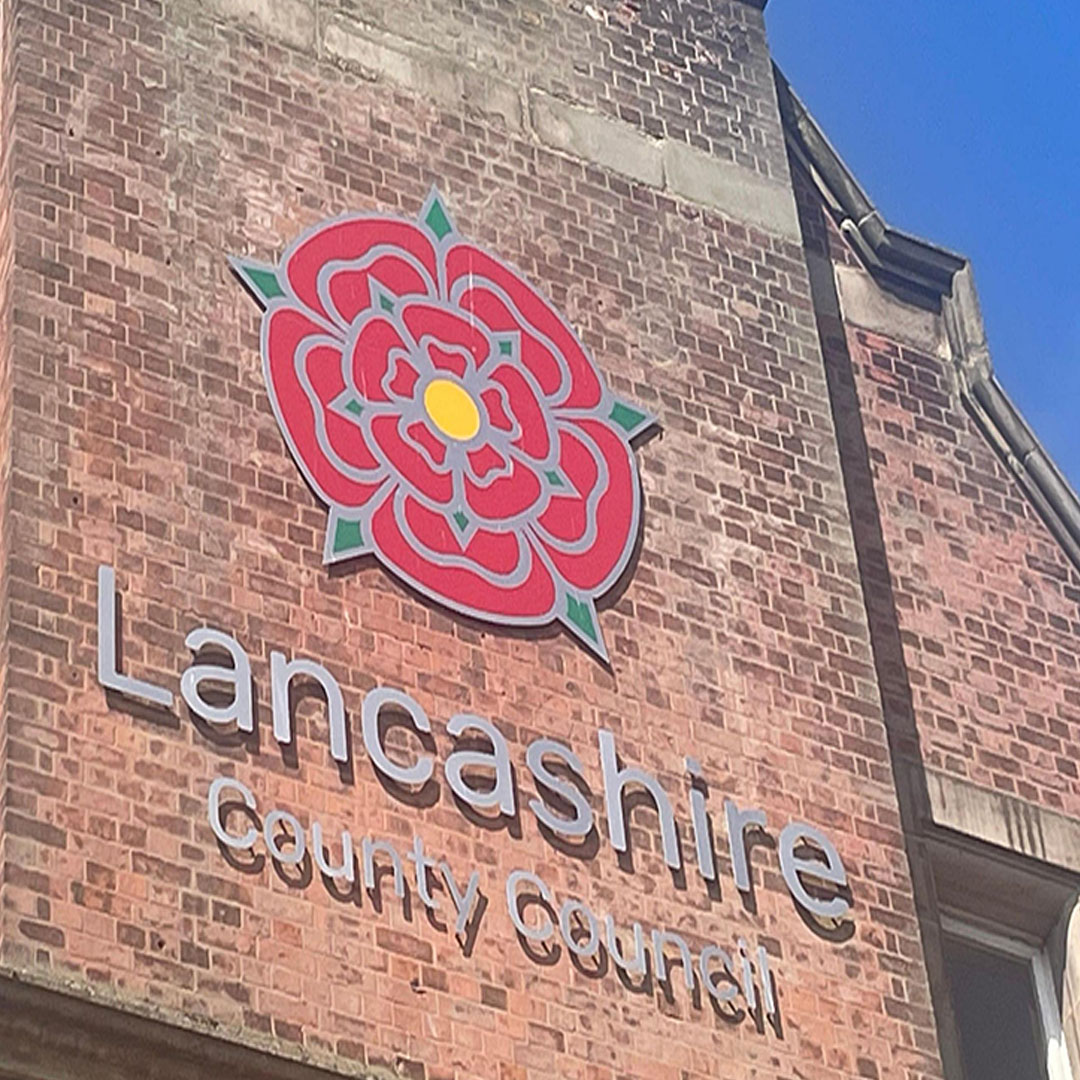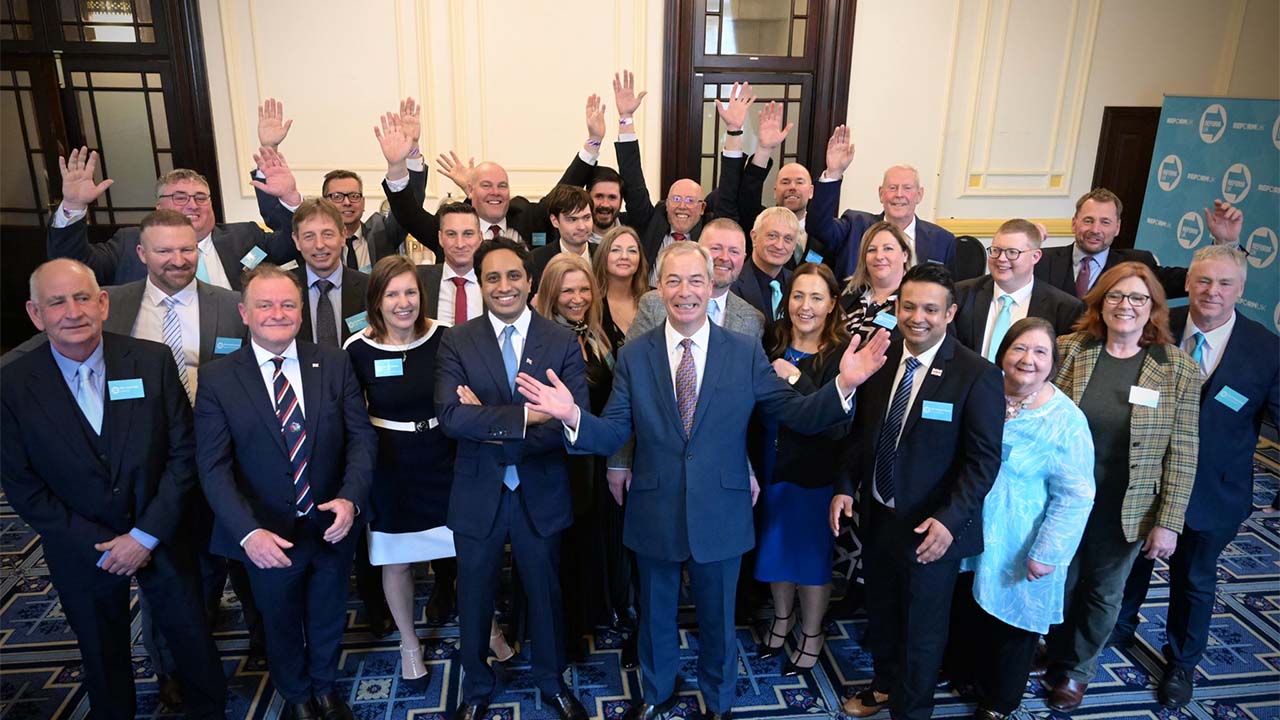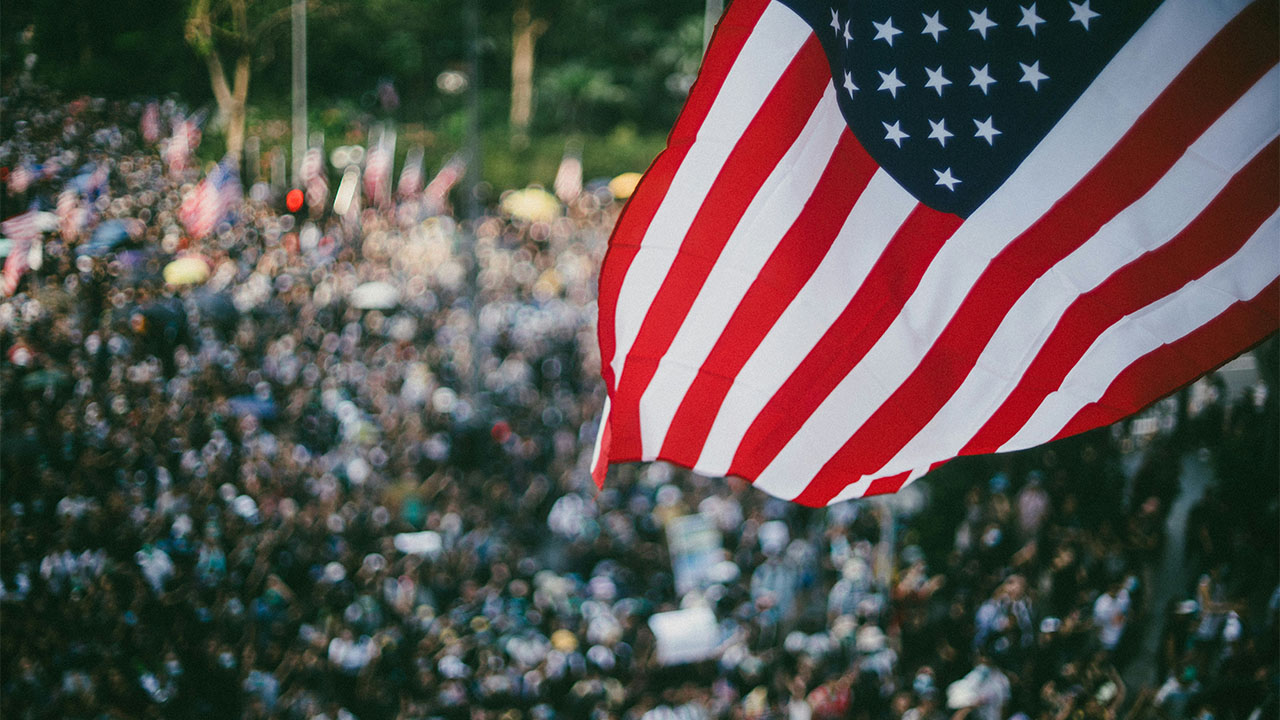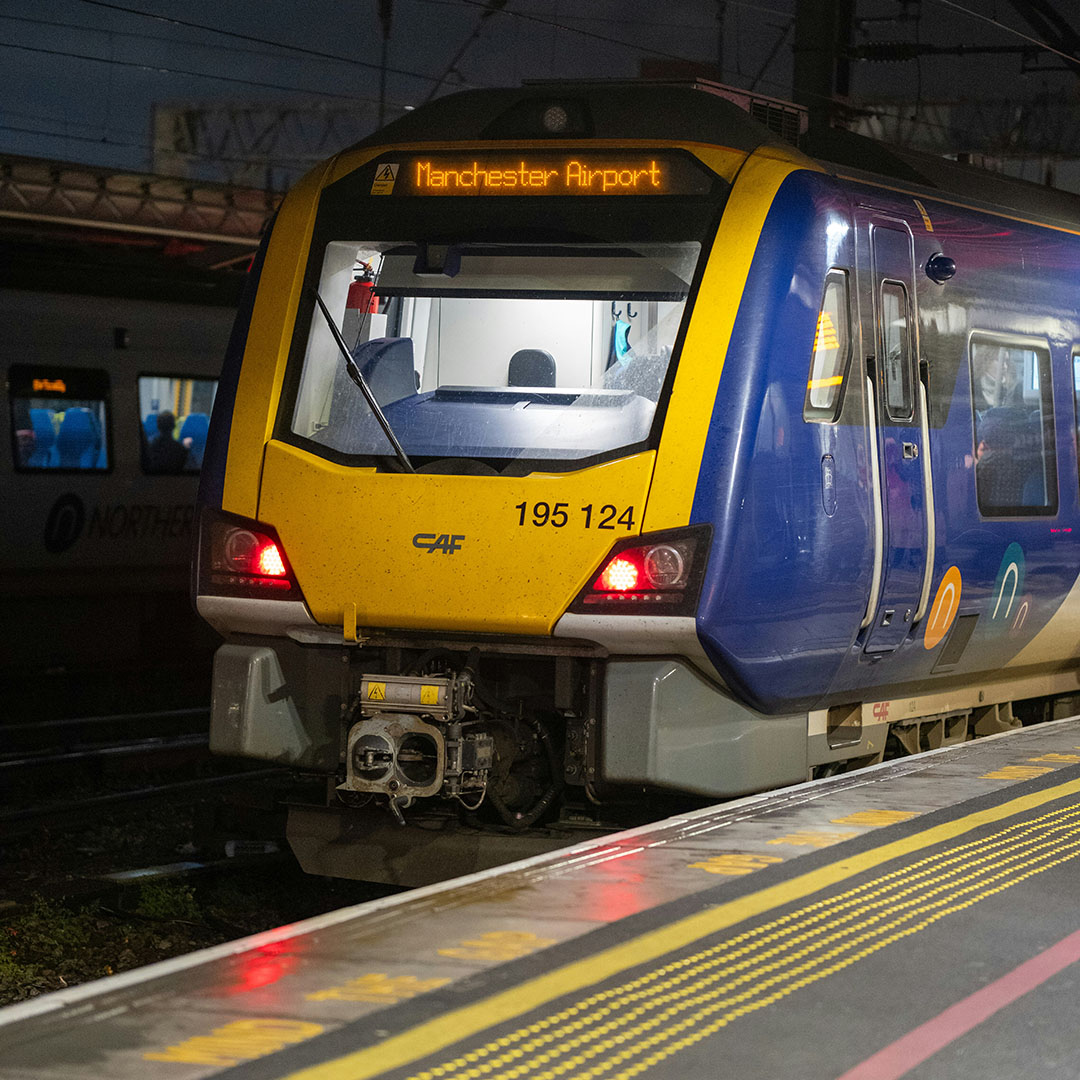As a Brit based in the USA, you will have to forgive me for too often peering back over the pond through a mix of rose-tinted glasses and a slight sense of melancholy.
After all, the US take on the Great British experience is largely expressed through PBS re-runs of the likes of Endeavour, Midsomer Murders and All Creatures Great and Small. Sure, there are bad things happening, but trustworthy men in tweed and gabardine will politely sort it out.
So, when we set foot back in the home country for a few weeks this summer, it was an opportunity to dispel the idea my grown-up kids had adopted that Britain is marooned in some late 60’s or 70’s time warp and I would show them what life was really all about in the contemporary and thrusting modern economy that is UK 2022.
That was perhaps my first mistake. There were very few signs of economic activity.
I imagine the nation had taken its instruction from its political leaders who, despite a cost-of-living crisis, rampant fuel price hikes and empty shelves in the supermarkets, had packed their swimmers and disappeared.
I know it was Summer and the Brits were on their annual escape from the searing 48-hour heatwave sweeping the nation by heading to the more acceptable climes of southern Spain, the Greek Islands, and the Turkish Coast, but everywhere felt, well, closed.
I remember growing up in the 70s and 80s and because of licensing hours the boozers opened at 11 then shut at 3 before reopening and kicking everyone out at 10.30. Short sharp bouts of drinking ensued, market forces alcoholism, get it while you can.
There were shades of the 70s again about this trip. Chatting to ex-colleagues and clients I was often informed that businesses were struggling to find workers – and maybe customers – so many restaurants and bars were opening later in the day and into the night rather than for a spot of lunch, and cards in windows informed me the barbers were closed and I’d have to come back on Thursday or Friday for a trim.
Where we live in Florida, we didn’t really have COVID lockdown – for better or worse, the state leadership lifted mask mandates, social distancing guidelines and re-opened the sunshine state to visitors as soon as the Federal Government in DC allowed. The economy boomed and businesses thrived. But in the UK, the extended lockdown seemed to be on going and showing few signs of abating. Listening to people in the business community, there was a sense that ‘going back to work’ had now become an option.
On more than one occasion people enquired if I was, in the language of LinkedIn – ‘Open to Work’ – but then spoke about hybrid, remote or ‘work from home’ opportunities. Rarely did anyone imply a future employee would turn up somewhere at 8.30am and stay throughout the day.
That contrasts with the latest utterances from US business leaders who are following Elon Musk’s lead after he sent emails to the many thousands of people who work for his enterprises saying if they were not at their desks on Monday morning, he’d assumed they’d resigned and good luck in their new careers. Brutal, but a point well made.
Of course, all those people not commuting made travel a different experience too. The streets were quieter, fewer snarls and traffic jams, and people were even cycling and scootering.
But then I realised a lot of the emptiness on the highways and thoroughfares was because the transport unions were on strike, the trains weren’t running and there were no buses. Another blast from the 70s sent to undermine my argument to the kids that Britain was happening, and not in an Austin Powers kind of way.
Being US based and living in a rural/coastal location, public transport doesn’t exist. We rely on our cars for even the most mundane of chores and journeys. But when I do travel to New York or Washington DC for work, subways and undergrounds are a godsend.
Contrast that with the experience we had of dropping our rental car off at Liverpool Airport which, despite being in a city with a well-run underground rail system, had no train station, the buses were on strike and we found ourselves forgoing the hour long wait for a taxi and walking the couple of miles or so to the nearest operating transport hub to get back into the city centre.
We enjoyed our stroll, passing half empty retail parks, giant To Let signs and hoardings promising things scheduled to open in Autumn 2020 but which clearly had not. I regaled my offspring with stories of yesteryear, the progress of the legacy plans for The Festival Gardens site from 1984, however, I don’t think anyone who had just flown into the city for a legendary weekend break or to conduct business or deliver inward investment, would have had the same reaction lumping their suitcase through Speke in the heat.
There were many wonderful things on our trip. We saw friends in Newcastle and London and Manchester which demonstrated how diverse the nation is despite only being a few hundred miles from tip to toe.
We went to Brighton during Pride Week which reminded us that Britain is at its very best when it is tolerant and inclusive. And while our US leaders seem destined to fracture the nation along the fault lines of racial, religious and financial divide, Britain seemed focused on trying to rebuild some sense of community and collectiveness.
Yes, it is doing a really terrible job at it, but the spirit and intent seemed to be there.
Our kids read newspapers and listened to the arguments being aired on radio and television in a way they never would in the US. But they were both beyond disappointed with the utterances of the two contenders to be Prime Minister.
We watched a Tory Leadership debate and the lack of fresh ideas and the sense it was a choreographed dance played out to a crowd of home-counties retirees was irritating for all. The constant comparisons with Margaret Thatcher, and who was her rightful heir, did little to dispel the sense that the 70s and 80s were alive and well in UK.
And both girls were frustrated by the missed opportunity to do things differently – especially as the choice for the top job would be exclusively between a woman or a man from a minority community – something which would never happen in the States.
The trip was a success. They liked the cultural scene, the youthfulness of the cities we visited and found the general grottiness of our urban centres ‘characterful’
But as we sat on the tarmac at Manchester Airport awaiting departure, I asked the million-dollar question: “Could you see yourselves moving back to Britain?”
Thankfully, and perhaps tellingly, the lengthy pause in awaiting their response was punctuated by the captain announcing, “Apologies, take-off would be delayed due to a shortage of tug drivers to get us off the stand.”


